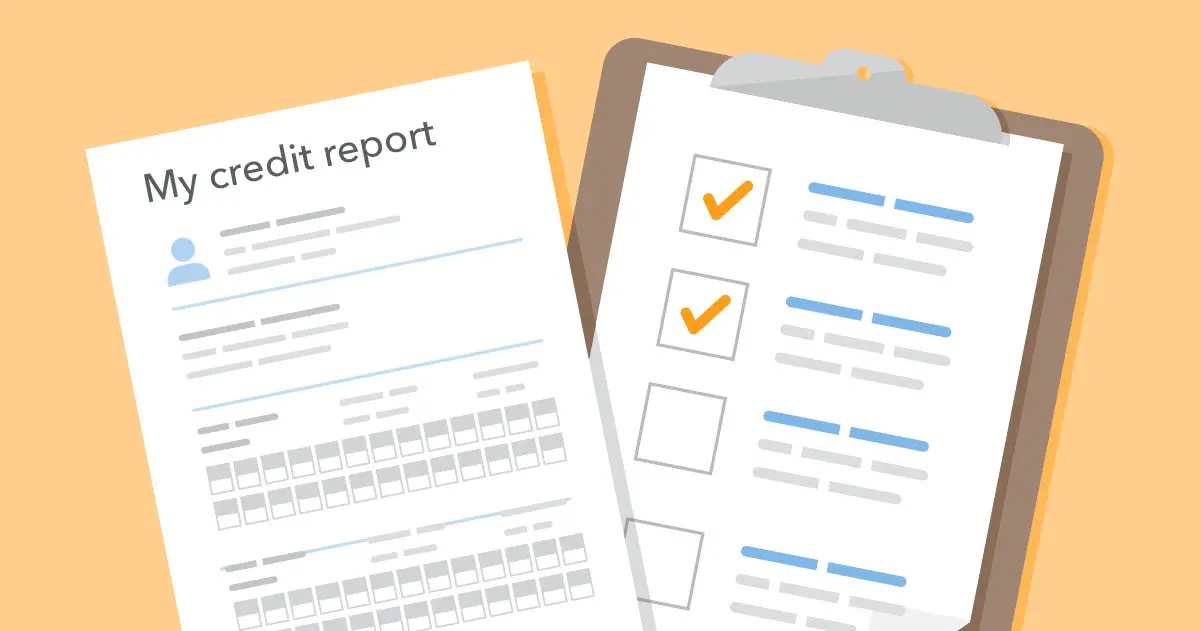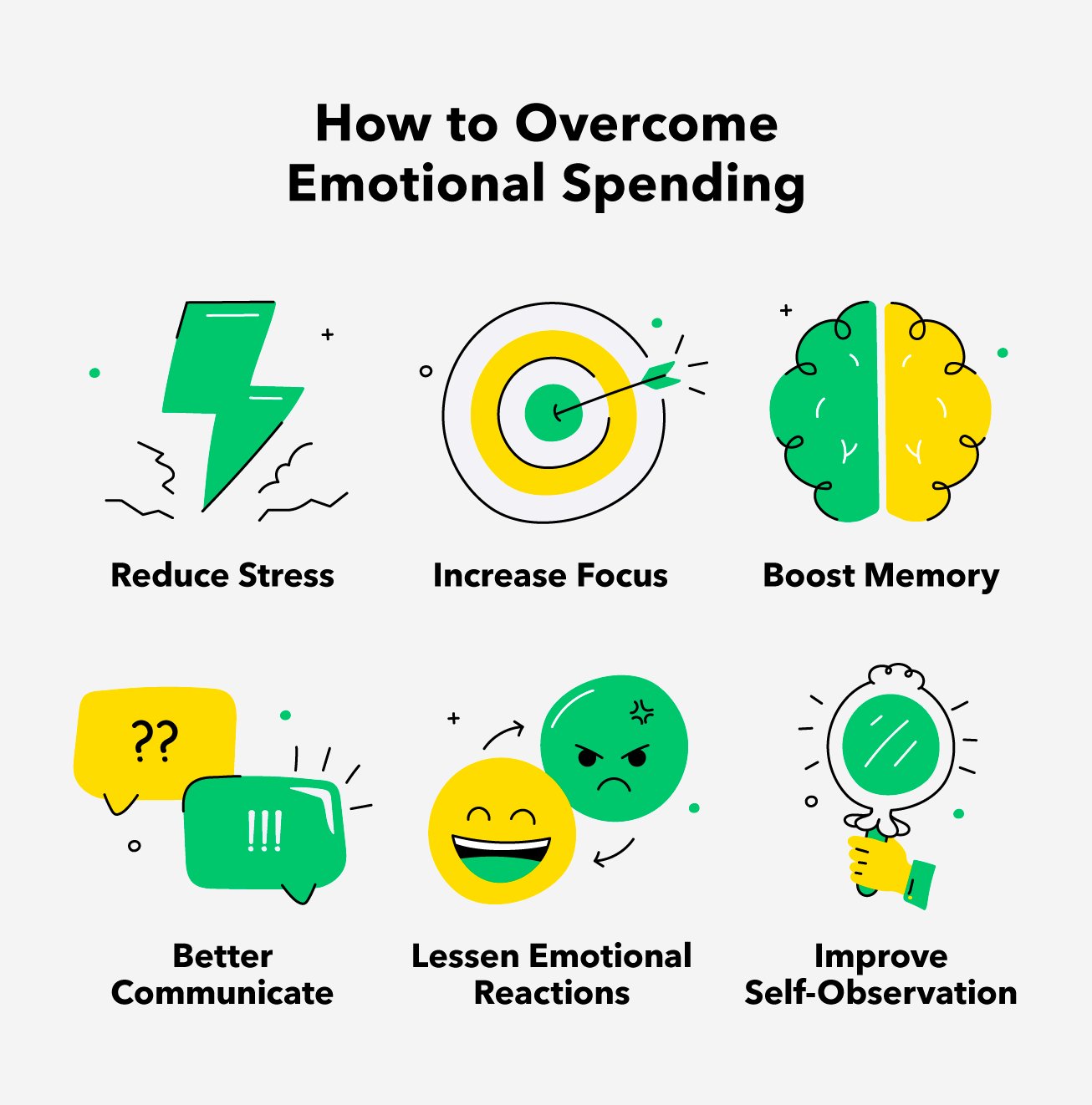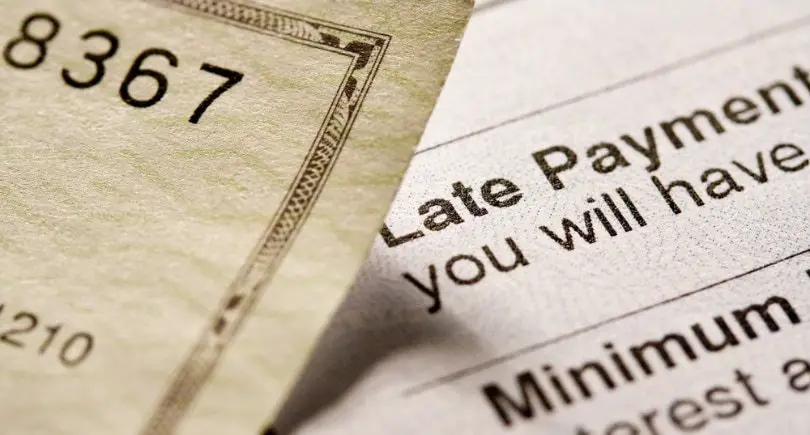Are you searching for effective ways to track your expenses? Look no further! In this article, we will provide you with valuable tips for tracking expenses effectively. By implementing these strategies, you will gain control over your finances and have a clearer understanding of where your money is going. Whether you want to save for a specific goal, stay within a budget, or simply have a better grasp on your spending habits, mastering the art of expense tracking is essential. So, let’s dive in and discover the best techniques for staying on top of your financial game!
Tips for Tracking Expenses Effectively
Tracking your expenses is an essential aspect of managing your finances. It allows you to gain a clear understanding of where your money is going, identify areas where you can cut back, and ultimately achieve your financial goals. In this article, we will explore various tips and strategies to help you track your expenses effectively. By implementing these techniques, you can take control of your finances and make informed decisions about your spending habits.
Create a Budget
Before diving into expense tracking, it is crucial to establish a budget. A budget provides a framework for managing your income and expenses, allowing you to allocate funds to different categories such as rent, groceries, transportation, and entertainment. Here are a few steps to create an effective budget:
- Determine your monthly income: Start by calculating your total monthly income, including salary, freelance work, and any other sources of revenue.
- Identify fixed expenses: List all your fixed expenses, such as rent, utilities, loan payments, and insurance premiums. These expenses tend to remain the same each month.
- Estimate variable expenses: Estimate your variable expenses, such as groceries, transportation, entertainment, and dining out. These expenses may vary from month to month.
- Set financial goals: Define your short-term and long-term financial goals. Whether it’s saving for a downpayment on a house or paying off debt, identify specific targets to work towards.
- Allocate funds: Allocate a portion of your income to each expense category, ensuring that your total expenses do not exceed your income.
Once you have created a budget, you can move on to tracking your expenses effectively.
Track Expenses in Real-Time
One of the most effective ways to track your expenses is by doing it in real-time. By recording your expenses as soon as they occur, you minimize the chances of forgetting or misplacing receipts. Here are some strategies to track expenses in real-time:
- Use mobile apps: Take advantage of expense tracking apps available on smartphones. These apps allow you to input expenses on the go, categorize them, and generate reports.
- Maintain a digital record: If you prefer not to use apps, maintain a digital record of your expenses using a spreadsheet or a note-taking app. This way, you can easily access and update your expense information.
- Save digital receipts: Instead of collecting paper receipts, opt for digital copies whenever possible. Many stores and service providers offer the option to email receipts or store them in an online account.
- Automate tracking: Set up automatic bank or credit card alerts to receive notifications whenever a transaction occurs. These alerts can serve as reminders to record the expense promptly.
By tracking your expenses as they happen, you will have an accurate picture of where your money is going.
Categorize Your Expenses
Categorizing your expenses is a crucial step in tracking them effectively. By assigning each expense to a specific category, you can identify patterns and trends in your spending habits. Here are some common expense categories you can use:
- Housing: Rent or mortgage payments, property taxes, insurance.
- Utilities: Electricity, water, gas, internet, phone bills.
- Transportation: Fuel, public transportation, car maintenance.
- Groceries: Food, household supplies, toiletries.
- Entertainment: Dining out, movies, concerts, subscriptions.
- Healthcare: Insurance premiums, doctor visits, medications.
- Debt Payments: Credit card bills, loan installments.
- Savings: Contributions to savings accounts, retirement funds.
- Miscellaneous: Any other expenses not covered by the above categories.
Feel free to customize these categories based on your specific needs and financial situation. The goal is to create a system that works for you and provides meaningful insights into your spending habits.
Review and Analyze Your Expenses Regularly
Tracking expenses is not a one-time task but an ongoing process. To make the most out of expense tracking, it is crucial to review and analyze your expenses regularly. Here’s how you can do it:
- Set a routine: Dedicate a specific time each week or month to review your expenses. It could be a Sunday evening or the last day of the month, whichever works best for you.
- Review each category: Go through each expense category and assess your spending patterns. Look for any areas where you may be overspending or areas where you can cut back.
- Identify trends: Analyze your expenses over a period of time (e.g., three months or six months) to identify trends. Are there any months where you tend to spend more? Are there any seasonal expenses that can be planned in advance?
- Make adjustments: Based on your analysis, make adjustments to your budget and spending habits. If you notice that you are consistently overspending in a particular category, consider allocating more funds or finding ways to reduce expenses.
- Set new goals: Use your expense tracking insights to set new financial goals for yourself. For example, if you successfully reduced your dining-out expenses, you can allocate those savings towards a vacation fund.
Regularly reviewing and analyzing your expenses will help you stay on track and make informed financial decisions.
Track Cash Expenses
In an increasingly digital world, it’s easy to overlook cash expenses. However, tracking cash expenses is just as important as tracking digital transactions. Here are a few tips to ensure you don’t miss out on recording cash expenses:
- Maintain a cash log: Carry a small notebook or use a note-taking app on your phone to record cash expenses. Make it a habit to note down the amount, date, and purpose of each cash transaction.
- Save receipts: Whenever you make a purchase with cash, ask for a receipt and save it. If the receipt contains a description of the expense, it will be easier to categorize it later.
- Record immediately: As soon as you return home or have access to your expense tracking tool, transfer the cash expenses from your log or receipts into your digital record.
Remember, cash expenses can add up quickly, and failing to track them can lead to inaccuracies in your expense tracking.
Avoid Impulse Purchases
Impulse purchases can quickly derail your expense tracking efforts. To maintain control over your spending, here are some strategies to avoid impulse purchases:
- Make a shopping list: Before heading to the grocery store or mall, make a list of items you need to purchase. Stick to the list and avoid deviating from it.
- Use a cooling-off period: If you come across an item you want to buy but don’t necessarily need, give yourself a cooling-off period. Wait for a day or two before making the purchase to determine if it’s something you genuinely need or just a momentary impulse.
- Set spending limits: Establish spending limits for discretionary categories like clothing, entertainment, or hobbies. Having a predefined budget will help you think twice before making impulsive purchases.
- Practice mindful spending: Before making a purchase, ask yourself if it aligns with your financial goals and values. Consider whether the item brings significant value or if it’s something you can do without.
By being mindful of impulse purchases, you can keep your expenses in check and make intentional spending decisions.
Utilize Technology and Automation
Technology and automation can significantly streamline your expense tracking process. Here are some tips to leverage technology:
- Expense tracking apps: Utilize expense tracking apps that integrate with your bank accounts, credit cards, and even receipts. These apps can automatically categorize expenses, generate reports, and provide valuable insights into your spending patterns.
- Automate bill payments: Set up automatic bill payments for recurring expenses like utilities, rent, and loan installments. This ensures that you never miss a payment and helps avoid late fees.
- Use budgeting software: Consider using budgeting software that offers features like expense tracking, goal setting, and budget analysis. These tools can provide a comprehensive overview of your finances in one place.
- Receipt scanning: If you have a lot of paper receipts, consider using apps that allow you to scan and store digital copies. This eliminates the need to manually enter the information later.
By leveraging technology and automation, you can simplify the expense tracking process and save time.
Involve Your Family or Roommates
If you share expenses with family members or roommates, it’s essential to involve them in the expense tracking process. Collaborative tracking not only ensures accuracy but also promotes financial transparency and accountability. Here are some ways to involve your family or roommates:
- Communication: Discuss the importance of expense tracking and the benefits it offers. Encourage open and honest communication about financial goals and responsibilities.
- Shared expense tracking tool: Use a shared expense tracking tool or spreadsheet that all members can access and update. This allows everyone to stay informed about shared expenses and ensure accurate tracking.
- Regular check-ins: Schedule regular meetings or check-ins to review the expenses together. This provides an opportunity to discuss any concerns, make adjustments, and celebrate progress.
- Expense sharing agreements: If you split expenses with others, create clear agreements or contracts outlining each person’s responsibilities. This prevents misunderstandings and ensures equitable distribution of expenses.
By involving your family or roommates in expense tracking, you promote financial harmony and shared accountability.
Seek Professional Help if Needed
While tracking expenses may seem straightforward, it can be challenging for some individuals. If you find it difficult to stay on top of your expenses or need guidance in managing your finances, consider seeking professional help. Financial advisors, accountants, or budget coaches can provide valuable insights and personalized advice based on your specific situation.
Tracking expenses effectively is a powerful tool to gain control over your finances. Implementing the tips discussed in this article will help you become more aware of your spending habits, make informed financial decisions, and work towards your financial goals. Remember, consistency and regular review are key to successful expense tracking. So start tracking your expenses today and take charge of your financial future.
How to Track and Manage Your Expenses Effectively
Frequently Asked Questions
Tips for Tracking Expenses Effectively: Frequently Asked Questions (FAQs)
1. How can I start tracking my expenses effectively?
To start tracking your expenses effectively, begin by creating a detailed budget that includes all your income and expenses. Use a spreadsheet or a budgeting app to record your expenses regularly and categorize them accurately. This will help you gain a clear understanding of your spending habits and enable you to make necessary adjustments.
2. What are the benefits of tracking expenses regularly?
Tracking expenses regularly allows you to have a clear overview of your financial situation. It helps you identify unnecessary spending, find areas where you can save money, and make informed decisions about your budget. By tracking expenses, you can gain control over your finances and work towards achieving your financial goals.
3. How can I categorize my expenses effectively?
To categorize your expenses effectively, start by creating broad categories such as housing, transportation, groceries, entertainment, etc. Within each category, you can further break down the expenses into more specific subcategories. Be consistent in assigning expenses to the appropriate categories, and make adjustments as needed to ensure accuracy.
4. Should I track both fixed and variable expenses?
Yes, it is essential to track both fixed and variable expenses. Fixed expenses, such as rent or mortgage payments, remain the same each month. Variable expenses, on the other hand, fluctuate and can include things like groceries, dining out, or entertainment. By tracking both types of expenses, you get a complete picture of your spending patterns.
5. How often should I track my expenses?
Tracking your expenses regularly is crucial for effective budgeting. Aim to track your expenses daily or at least a few times a week. This way, you can stay up to date with your spending, identify any impulsive purchases, and adjust your budget accordingly. Set aside a specific time each day or week to review and record your expenses.
6. Should I use a budgeting app or a spreadsheet to track my expenses?
The choice of using a budgeting app or a spreadsheet depends on your personal preference and convenience. Budgeting apps like Mint, You Need a Budget (YNAB), or PocketGuard offer automated features, syncing with your bank accounts, and providing visual representations of your spending. Spreadsheets, such as Microsoft Excel or Google Sheets, offer more flexibility and customization options. Choose the one that suits your needs best.
7. How can I control my urge to overspend?
To control the urge to overspend, establish clear financial goals and prioritize them. Keep track of your progress towards these goals to stay motivated. It is also helpful to set a budget for each spending category, practice self-discipline, and avoid impulsive purchases. Consider finding alternative ways to reward yourself without spending money, such as engaging in hobbies or spending time with loved ones.
8. What if my expenses exceed my income?
If your expenses exceed your income, it is crucial to reevaluate your budget and find areas where you can cut back. Look for non-essential expenses that can be temporarily reduced or eliminated. Consider ways to increase your income, such as taking on a side gig or negotiating a raise. If necessary, seek professional advice from a financial advisor to help you create a sustainable financial plan.
Final Thoughts
In conclusion, effectively tracking expenses is crucial for personal financial management. By implementing these practical tips, you can gain better control over your finances and make informed decisions. Firstly, maintain a detailed budget and regularly review it to ensure you stay on track. Secondly, utilize technology such as expense tracking apps to streamline the process. Thirdly, be diligent in recording all expenses, no matter how small. Finally, analyze your spending patterns periodically to identify areas where you can make adjustments and save money. By following these tips for tracking expenses effectively, you can achieve financial stability and manage your resources more efficiently.


